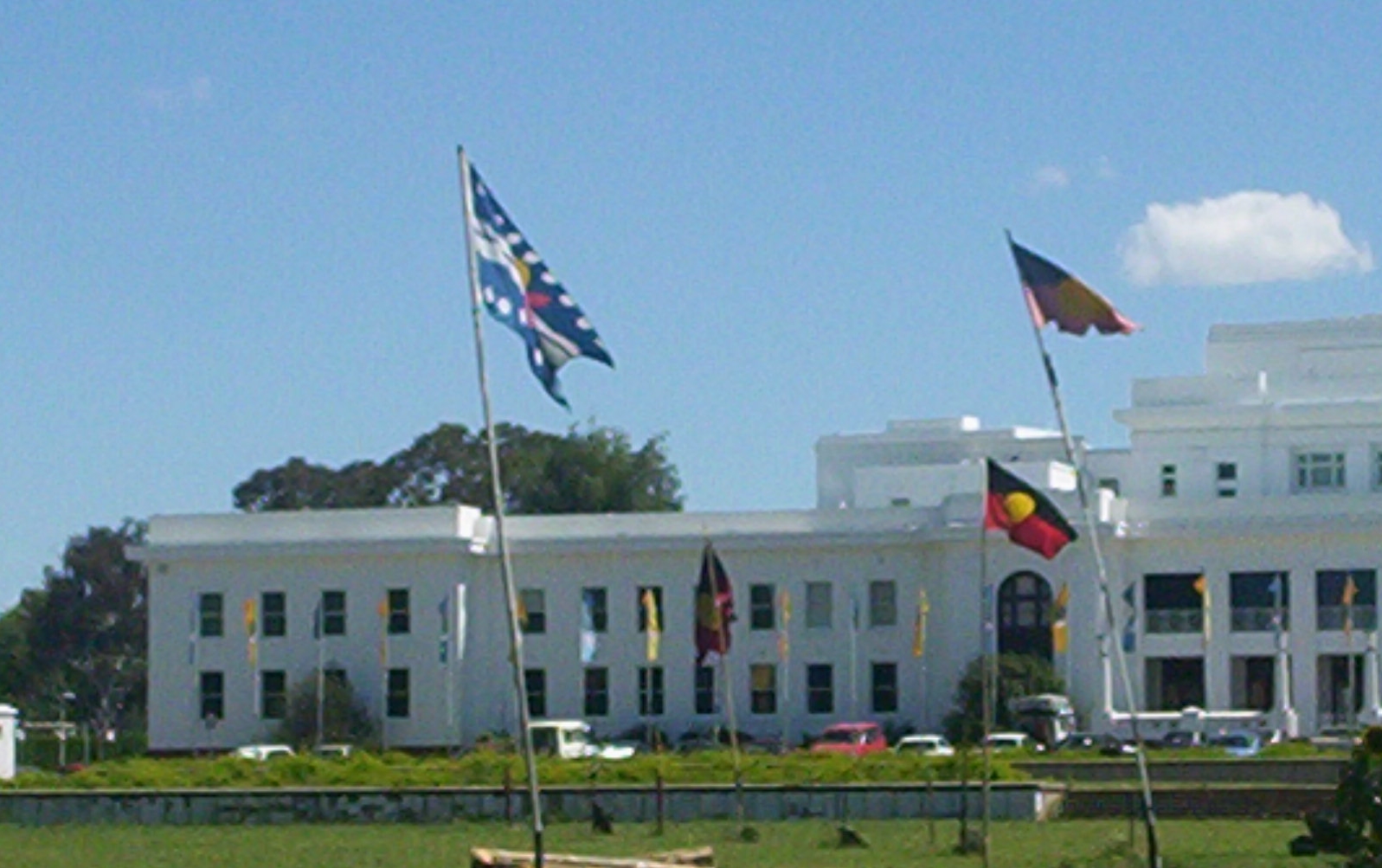Aboriginal Tent Embassy at 50: the history of an ongoing protest for Indigenous sovereignty in Australia

- Country:
- Australia
The Aboriginal Tent Embassy – a site of First Nations protest in Canberra, Australia – marks its 50th anniversary this year.
In this episode of The Conversation Weekly podcast, we hear about its history and how the ongoing protest has influenced a new generation of Indigenous activism.
Plus, new research into how the COVID-19 pandemic is affecting the lives of young people born into poverty around the world – and their job prospects.
On the morning of January 26, 1972, four young Aboriginal men left Sydney for the Australian capital, Canberra. When they arrived, they sat down on the lawns outside the parliament house, erected a beach umbrella, and held up a sign that said “Aboriginal Embassy”.
They were protesting against a speech by the government, which dismissed hopes for Aboriginal land rights.
For most of the following 50 years, the Aboriginal Tent Embassy has kept up a presence on the lawn in front of what is now Old Parliament House in Canberra. It has become a symbol of an enduring fight for Indigenous sovereignty in Australia.
It’s also survived attacks and controversies, most recently from a group calling themselves the “Original Sovereigns” who tried to hijack the Tent Embassy.
In this episode of The Conversation Weekly podcast, Carissa Lee, First Nations and public policy editor at The Conversation in Australia, yarns with two Indigenous researchers about the enduring place the Tent Embassy plays in the fight for Indigenous land rights and justice.
Bronwyn Carlson is a professor of Indigenous studies and director of the Centre for Global Indigenous Futures at Macquarie University in Sydney.
“While the Tent Embassy is primarily a symbol of land rights, it means so much more,” she says.
“It’s actually a symbol against the power that’s unlawfully in place across this continent that continues to oppress Indigenous people and deny us our rights as sovereign peoples to this place.” Lynda-June Coe, a Ph.D. candidate at Macquarie University, has family ties to the Tent Embassy and first visited as a child in the late 1980s.
“I can remember my aunties and uncles standing up having very fiery, very robust conversations with other First Nations people around the fire,” says Coe. She says the Tent Embassy still exists today because “we refuse to go away, we refuse to die out”.
Coe’s aunt, Jenny Munro, also talks to us at the Tent Embassy site in Canberra about her continued involvement in the protest site today.
In our second story in this episode, we hear how the pandemic has changed the landscape of economic opportunity for people in their twenties. Since 2001, Young Lives, a study run by the University of Oxford in the UK, has been following the lives of two cohorts of young people born into poverty in India, Peru, Vietnam, and Ethiopia.
Until the pandemic, the researchers mostly had a good news story to tell about how life was improving for the younger generations in their study. But the pandemic has set things back – in particular job opportunities for young people.
(This story has not been edited by Devdiscourse staff and is auto-generated from a syndicated feed.)
ALSO READ
India-US Defense Ties: A Bipartisan Beacon
India's Economic Boom: Unveiling the $55 Trillion Vision
Rohit Sharma Returns to Lead India in Crucial Adelaide Test
India's Water Revolution: Groundbreaking Rainwater Harvesting Initiative Launched
SMFG India Credit Receives Impressive AA- Rating, Boosting Financial Inclusion Drive










